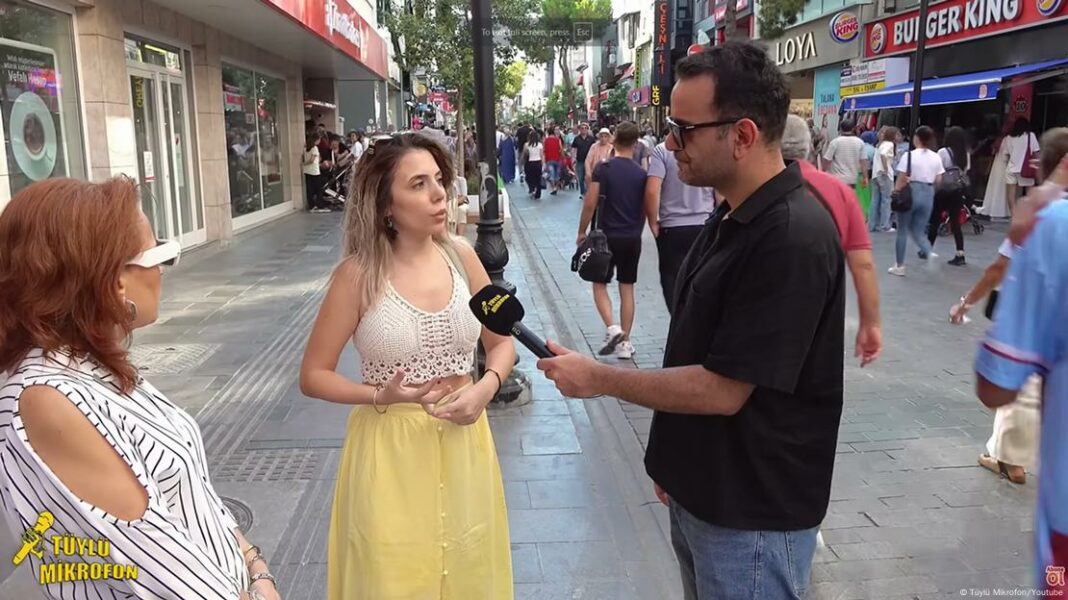In a move seen by many as aimed at controlling and restricting independent media and public discourse in Turkey, YouTubers who produce news programs or conduct street interviews will be required to obtain a license from Turkey’s broadcasting watchdog, the Radio and Television Supreme Council (RTÜK).
RTÜK Chairman Ebubekir Şahin announced the development, expected to impact a wide range of independent creators who use the platform to share news and public opinion, during a program hosted by Turkish television producer Armağan Çağlayan on Ekol TV over the weekend.
“New digital platforms must also comply with Turkish laws. They are required to obtain a license. Those who broadcast news programs on YouTube will need to get a license from RTÜK. This will be provided for a nominal fee. The license will be valid for 10 years,” Şahin said.
According to the chairman, street interviews would also be monitored to prevent incidents of slander and the spread of misinformation online.
Şahin further said discussions with YouTube on the matter are ongoing and that licenses can be obtained even before the relevant law is enacted.
When asked why he had disabled comments on all his posts on X, Şahin said he had been subjected to numerous “ignorant comments” containing insults and threats.
“It’s not because I’m afraid. There were things that upset me. … I’ve also dropped most of my complaints about them,” he added.
Şahin said in a written statement issued last month that RTÜK is increasing its scrutiny of street interviews, especially on social media platforms, for allegedly contributing to misinformation and “social conflict.”
He claimed that street interviews are used to manipulate public perception and often violate general journalistic principles.
Critics argue that the targeting of street interviews is an attempt to stifle dissent and restrict the dissemination of views that challenge the government’s narrative. This development comes amid increasing pressure on media and journalists in Turkey, where freedom of expression has been severely curtailed in recent years.
Street interviews have gained popularity as they allow citizens to voice their opinions on a range of issues, from economic hardship to political discontent. These interviews often capture unfiltered, candid opinions that may not align with the government’s official stance, making them a target for censorship.
The Turkish government is accused of taking the Turkish media under its almost absolute control following a failed military coup in 2016. The government closed down hundreds of media outlets and jailed dozens of critical journalists in a post-coup crackdown on the pretext of an anti-coup fight.
Journalists face the risk of losing their jobs, being subjected to judicial harassment and getting jailed even for the slightest criticism of the government.
Turkey, which has been suffering from a poor record of freedom of the press for years, ranks 158th among 180 countries in Reporters Without Borders’ World Press Freedom Index published on May 3 on the occasion of World Press Freedom Day.



